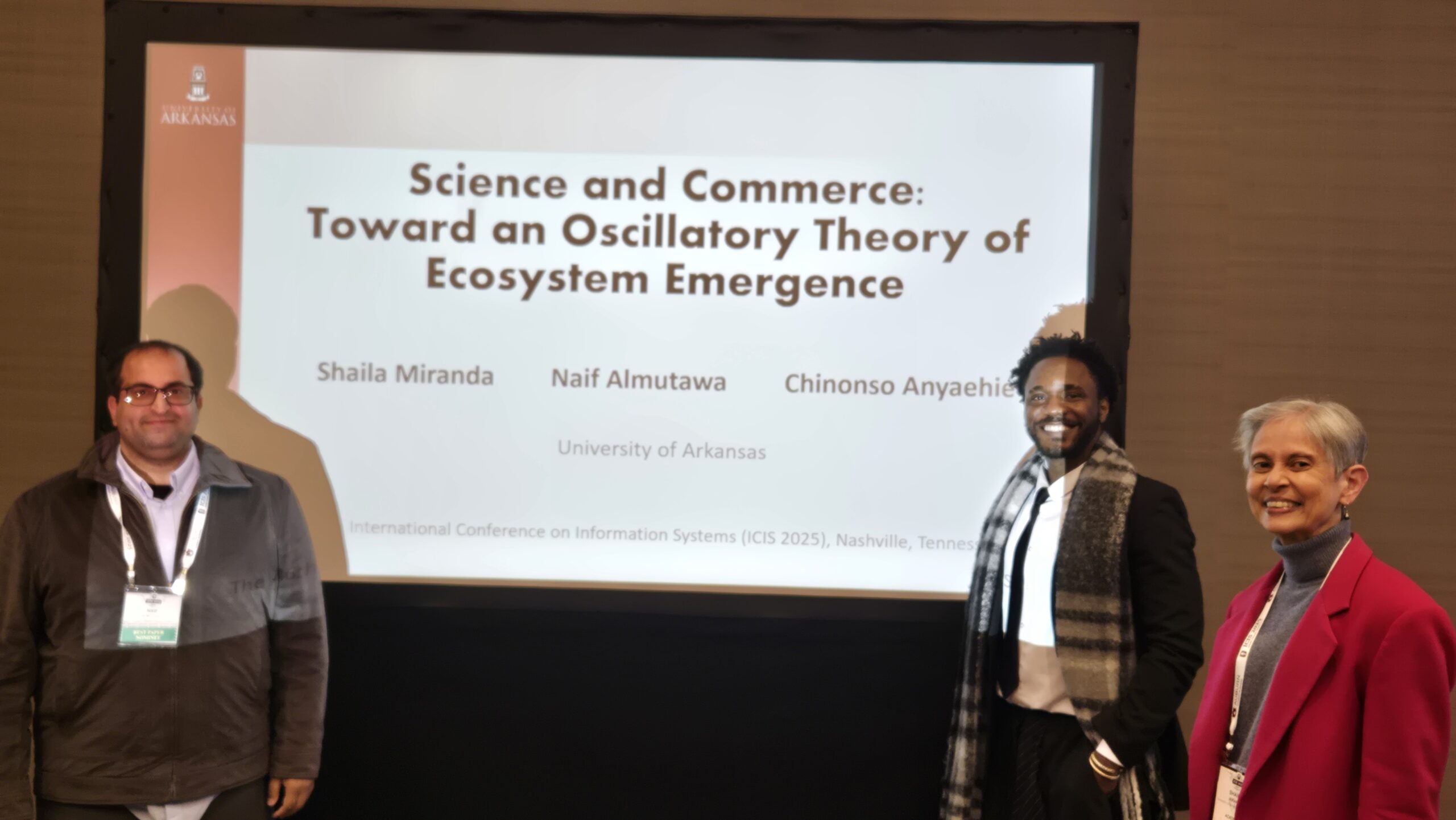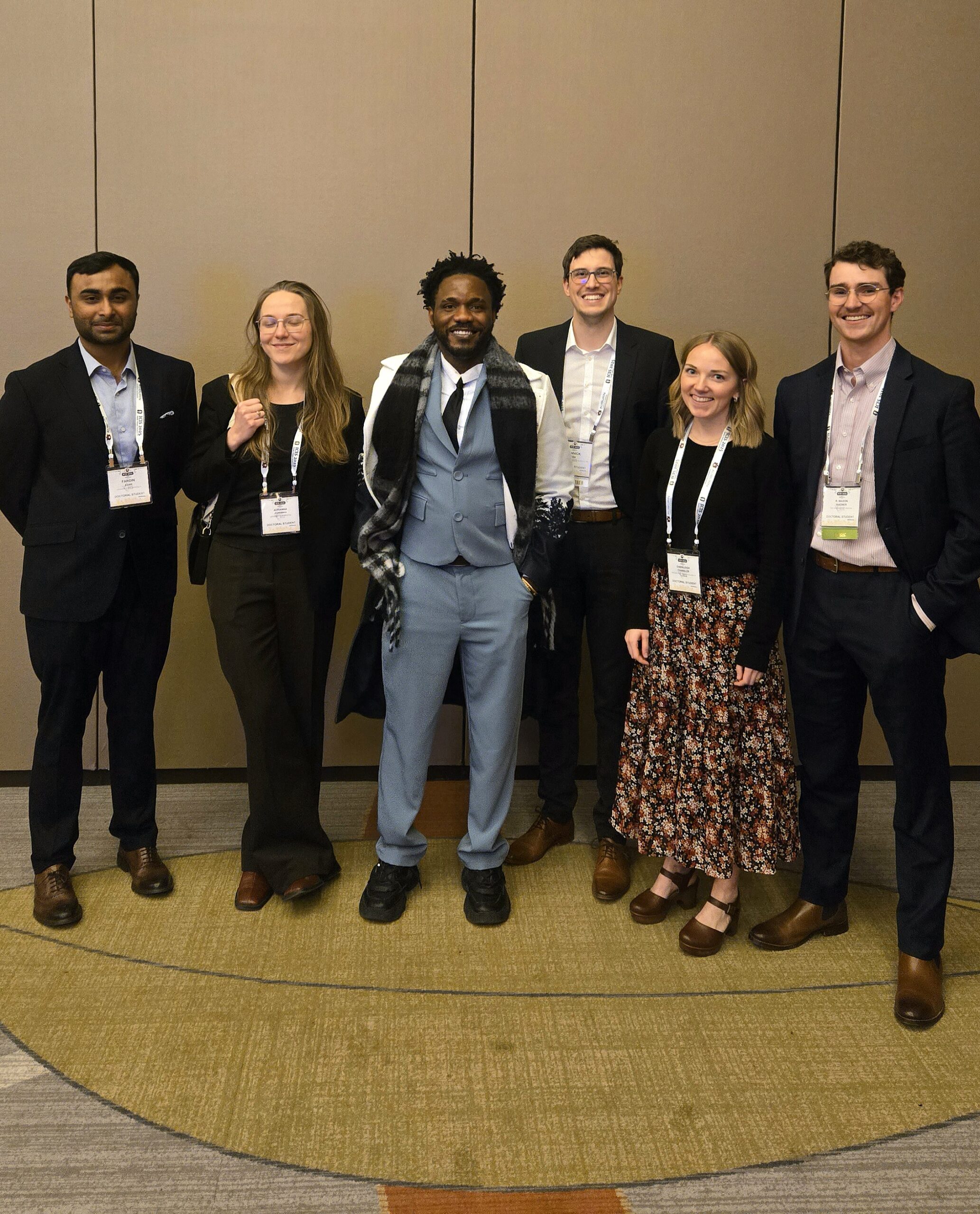A Relational View of Information Seeking and Learning in Social Networks Author(s): Stephen P. Borgatti and Rob Cross
Introduction
- The research highlights a significant gap in organizational learning literature, which has primarily focused on cognitive and behavioral aspects, neglecting the role of social relationships in learning processes.
- The authors propose a social network perspective to enhance understanding of both individual and collective learning, emphasizing the importance of relational characteristics over mere structural properties of networks.
- The study aims to develop a model that connects learned relational characteristics to information-seeking behavior, supported by empirical results from two organizations.
Influencing Information Seeking
- The paper discusses how social ties, particularly homophily and physical proximity, influence information-seeking behavior, with weak ties often bridging gaps to new information.
- It introduces a dynamic choice process for information seeking, where the decision is influenced by the perceived expertise, accessibility, and associated costs of seeking information from others.
- The authors hypothesize that knowing another’s expertise, valuing their knowledge, and perceiving low costs will positively affect the likelihood of seeking information from them.
Methods
- The study involved two groups from different pharmaceutical organizations, utilizing surveys to gather data on relational variables affecting information seeking.
- A unique approach was taken to measure information-seeking behavior by averaging self-reported data on how often individuals sought information from each other.
- The analysis employed advanced statistical techniques to account for the interdependent nature of network data, ensuring robust results.
Results
- The findings reveal strong correlations between knowing, valuing, and accessing expertise with information-seeking behavior, while the cost factor did not show significant influence.
- Mediation analysis confirmed that knowing and access relations mediate the effect of physical proximity on information seeking, indicating the importance of relational dynamics.
- The results were consistent across both groups, reinforcing the reliability of the constructs and the proposed model.
Discussion and Conclusion
- The study underscores the importance of relational characteristics in facilitating information seeking, suggesting that knowing, valuing, and access are critical predictors.
- Limitations include the cross-sectional nature of the data, which restricts causal inferences, and the need for further exploration of moderating factors like organizational culture.
- The authors propose that future research should integrate relational attributes into models of absorptive capacity and path dependence, offering practical implications for enhancing organizational learning through targeted interventions










Leave a Reply